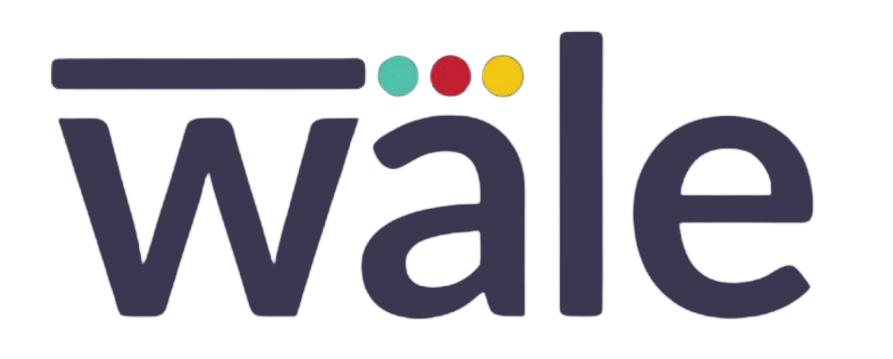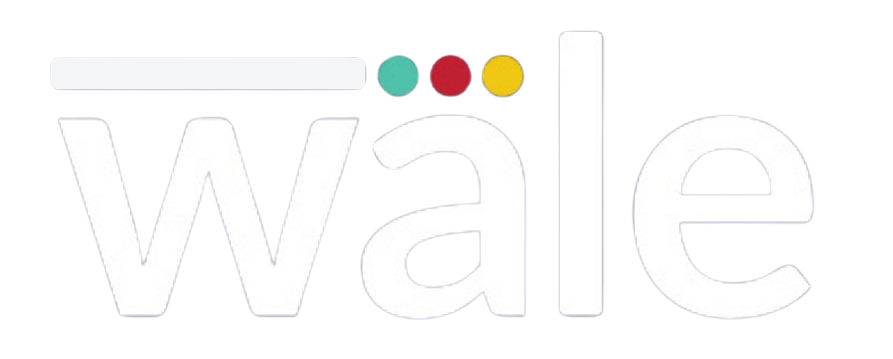
The necessity of traditional education as a precursor to success is a complex and evolving topic. While traditional education has long been considered a standard path to acquiring knowledge and skills, the definition of success is changing, and alternative routes are gaining recognition. Here are some considerations:
Advantages of Traditional Education:
- Foundational Knowledge: Traditional education provides a structured and comprehensive curriculum that imparts foundational knowledge in various subjects. This knowledge base can be crucial for certain professions that require a deep understanding of academic principles.
- Credibility and Credentials: A degree from an accredited institution often serves as a signal of competence and commitment to potential employers. In some industries, having a recognized credential remains an important factor in career advancement.
- Networking Opportunities: Educational institutions offer opportunities to build professional networks through interactions with peers, professors, and industry experts. Networking can be vital for career growth and access to job opportunities.
- Learning Environment: Classrooms provide a structured learning environment, access to resources, and opportunities for interactive discussions and hands-on experiences.
Changing Perspectives:
- Skills Over Degrees: In today’s rapidly evolving job market, some employers prioritize practical skills and experience over traditional degrees. This is particularly true in fields such as technology, where skills can quickly become outdated.
- Entrepreneurial Paths: Successful entrepreneurs like Bill Gates and Mark Zuckerberg have demonstrated that skipping or dropping out of traditional education doesn’t necessarily impede success. The rise of self-made entrepreneurs has challenged the notion that a degree is the only path to achievement.
- Online Learning and Skill-Based Programs: The proliferation of online learning platforms and skill-based programs allows individuals to acquire specific skills without pursuing a traditional degree. This approach can be more cost-effective and targeted toward current industry needs.
- Diversity of Paths to Success: Success is subjective and varies across individuals. Many successful individuals have achieved their goals through unconventional paths, bypassing or complementing traditional education with practical experience and continuous learning.
In conclusion, while traditional education remains valuable for many career paths, it is not the exclusive path to success. The changing landscape of work and the increasing emphasis on skills, adaptability, and entrepreneurship have expanded the definition of success. Ultimately, individuals must assess their goals, aspirations, and the requirements of their chosen fields to determine the most suitable educational path for their unique circumstances.




